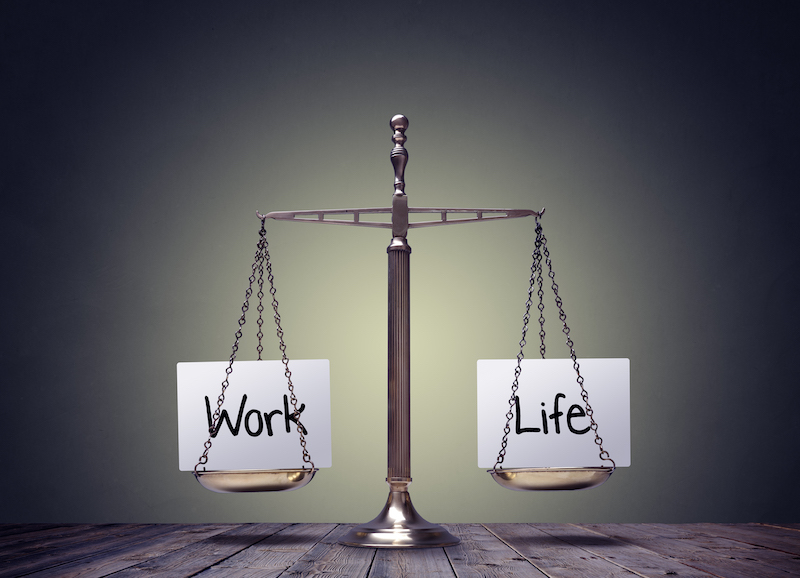How To Balance Work and Personal Time

Work-life balance is a crucial aspect of modern living, enabling individuals to effectively manage their personal and professional lives. It refers to the equilibrium between work commitments and personal responsibilities, allowing individuals to lead fulfilling lives and maintain their overall well-being. Achieving work-life balance is essential for mental and physical health, job satisfaction, and maintaining healthy relationships.
In today’s fast-paced and interconnected world, maintaining a healthy work-life balance has become increasingly challenging. The advancements in technology, while offering convenience, have also blurred the boundaries between work and personal life. Many individuals find themselves constantly connected to work through emails, messages, and other digital platforms, making it difficult to detach and truly relax. Moreover, the pressure to perform well at work and meet deadlines can lead to long working hours, stress, and burnout.
To achieve a better work-life balance, it is important to set clear boundaries between work and personal life. Establishing specific work hours and sticking to them can help create structure and prevent work from encroaching on personal time. Additionally, turning off notifications and creating designated technology-free zones during personal time can reduce distractions and allow for better focus on leisure activities and relationships.
Effective time management plays a vital role in maintaining work-life balance. Prioritizing tasks and setting realistic goals can help individuals manage their workload efficiently, reducing the need for overtime or bringing work home. Learning to delegate responsibilities and saying no when necessary is also important in avoiding excessive work commitments. By being mindful of time and making conscious choices, individuals can allocate sufficient time for both work and personal activities.
Flexibility in work arrangements can greatly contribute to achieving work-life balance. Many organizations now offer flexible working hours, remote work options, or compressed workweeks. Taking advantage of such arrangements can provide individuals with the freedom to adapt their work schedules to their personal needs and responsibilities. This flexibility not only enhances work-life balance but also improves job satisfaction and productivity.
Engaging in regular physical exercise and maintaining a healthy lifestyle are essential components of work-life balance. Exercise helps reduce stress, boosts mood, and increases energy levels. It is important to allocate time for physical activities, such as going to the gym, practicing yoga, or simply taking walks in nature. Additionally, maintaining a nutritious diet and getting sufficient sleep contribute to overall well-being and enhance productivity in both personal and professional life.
Creating boundaries between work and personal life also means prioritizing self-care and leisure activities. Engaging in hobbies, pursuing personal interests, and spending quality time with loved ones are crucial for mental and emotional well-being. Taking breaks during the workday to engage in enjoyable activities, such as reading, listening to music, or socializing, can also improve focus and productivity when returning to work.
Employers play a significant role in promoting work-life balance within the workforce. Organizations that prioritize employee well-being and offer supportive policies and practices tend to have more satisfied and productive employees. Employers can implement measures such as flexible work schedules, remote work options, and wellness programs to foster work-life balance. Additionally, encouraging open communication, providing opportunities for skill development, and recognizing achievements can create a positive work environment that values work-life balance.
If you are also providing care to a loved one, of any age, this complicates things even more. Keeping tabs on someone who has health concerns, while also trying to work, can be a challenge and adds more stress and work to daily activities. LifeFone offers the VIPx medical alert system that comes with an optional caregiver app to track location, steps, first motion of the day and much more. When you can’t be with your loved one, this can be a very useful tool to help you gain some peace of mind.
- How Seniors Can Feel Empowered in a Digital World with Accessible Technology
- February Is American Heart Month
- Thriving as a New Caregiver: Self-Care Secrets Revealed
- Bridging the Gap: Supporting Seniors Without Nearby Family
- Distance Caregiving Simplified: Modern Strategies for Compassionate Support
FREE BROCHURE Today!
